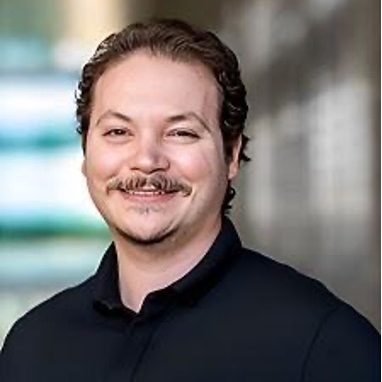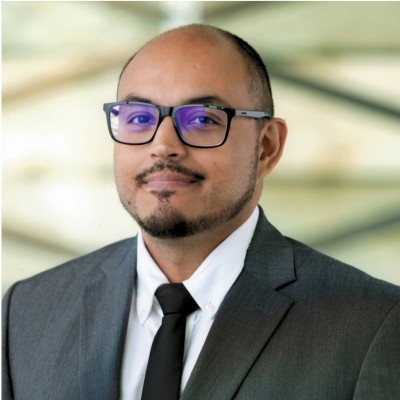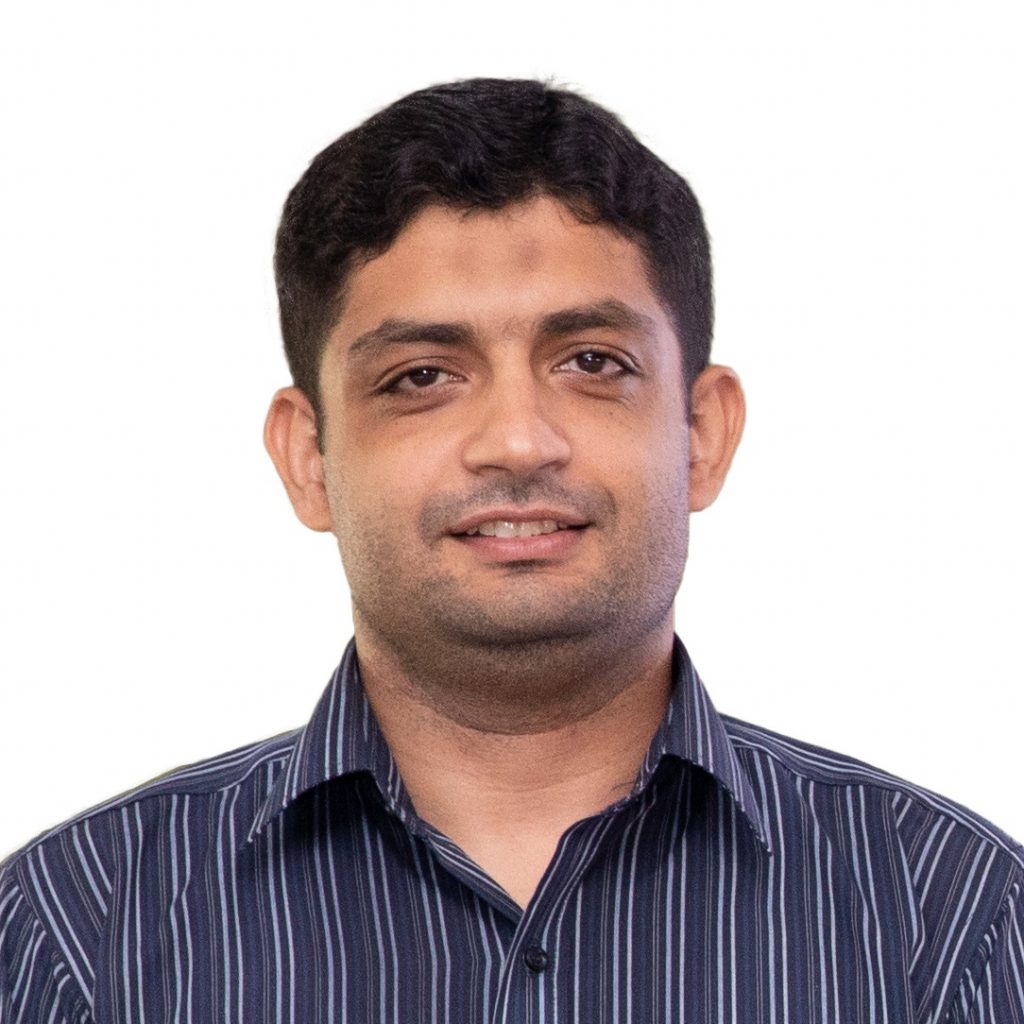WORKSHOPS
Day 3: Wednesday 04 September 2024

Parallel Schedule 1
Workshop 1: Data Science on HPC platforms
Abstract:
“Data Science on HPC platforms “
Time: 09:00 – 9:40 am
Dr. Saber Feki
Senior Computational Scientist Lead – KAUST
Biography:
Dr. Saber Feki leads the computational and data science and engineering at the KAUST Supercomputing Core Laboratory, providing support, training, advanced services and research collaborations with users of the leadership supercomputer Shaheen III and a heterogeneous cluster “Ibex” with over 600 GPUs. Saber is passionate about technology, and enjoys working with users and technology vendors to plan and execute refreshes to KAUST HPC and AI infrastructure with the latest hardware and software technologies. He is leveraging his expertise to support and consult for several similar deployments for local and regional. Saber received his MSc and Ph.D. degrees in computer science from the University of Houston in 2008 and 2010, respectively. He then joined the oil and gas company TOTAL Energies in 2011 as an HPC Research Scientist and has been working at KAUST since 2012.
Topic:
“Trends in HPC architecture enabling accelerated Data Science”
Abstract:
KAUST Supercomputing Lab supports a significant group of users using our machines for AI workloads. Based on our experience, we catalog the current and future trends of hardware that primarily hosts Data Science workloads in the present day. We survey the computer architectures designed to accelerate both HPC and ML/DL workloads and the interconnect requirements and available options to scale out these workloads. We also discuss the workload and data management characteristics for AI-related workloads and available options to run them with fairness in a multi-user environment. We then survey the solutions, either bespoke or turnkey, that are efficiently addressing the needs of AI workloads.
Dr. Mohsin Ahmed Shaikh
Computational Scientist – KAUST
Biography:
Time: 09:40 – 10:10 am
Topic:
“Parallel and distributed ML/DL on HPC platforms”
Abstract:
Training ML and DL models can be a computationally expensive task to perform. If done repeatedly, it can slow down the overall scientific investigation. There exist a range of libraries today which can enable parallelism in training of ML/DL models. In this talk, we present a walkthrough of the life cycle of a typical ML/DL model development and survey the trends and techniques used to accelerating the model pre-training/finetuning on HPC resources.
Dr. Mohsin Ahmed Shaikh
Computational Scientist – KAUST
Time: 10:20 – 11:50 am
Topic:
“Hands on workshop on training a DL model in parallel”
Abstract:
In this hands-on session we will train a model on a given dataset and find good enough hyperparameters to improve its performance. As a next step participants will accelerate the pre-training of the model on a larger dataset to reduce the time to a good-enough fit.
Workshop 2:
“Hands-on AI Tools and Techniques”
Time: 12:50 – 02:50 pm

Dr. Abdelghafour HALIMI
Facilities Director of Research Computing Core Labs – KAUST

Dr. Didier Barradas BauCsta
Visualization Scientist– KAUST

Dr. Sohaib Ghani
Lead Research Scientist – KAUST
Topic:
“Hands-on AI Tools and Techniques”
Abstract:
This workshop is designed to provide an integrated introduction to the realms of Machine Learning (ML) and Deep Learning (DL), two critical subsets of Artificial Intelligence (AI). Without delving into overwhelming technical complexities, attendees will gain a foundational understanding of machine learning and deep learning models. Utilizing the top-tier resources of the KAUST Visualization Core Lab, attendees will experience a mix of indepth lectures and hands-on sessions, ensuring a foundational grasp of the subject. This workshop is ideal for those looking to embark on a journey into AI, as well as for professionals seeking to enhance their knowledge in this rapidly evolving domain.

